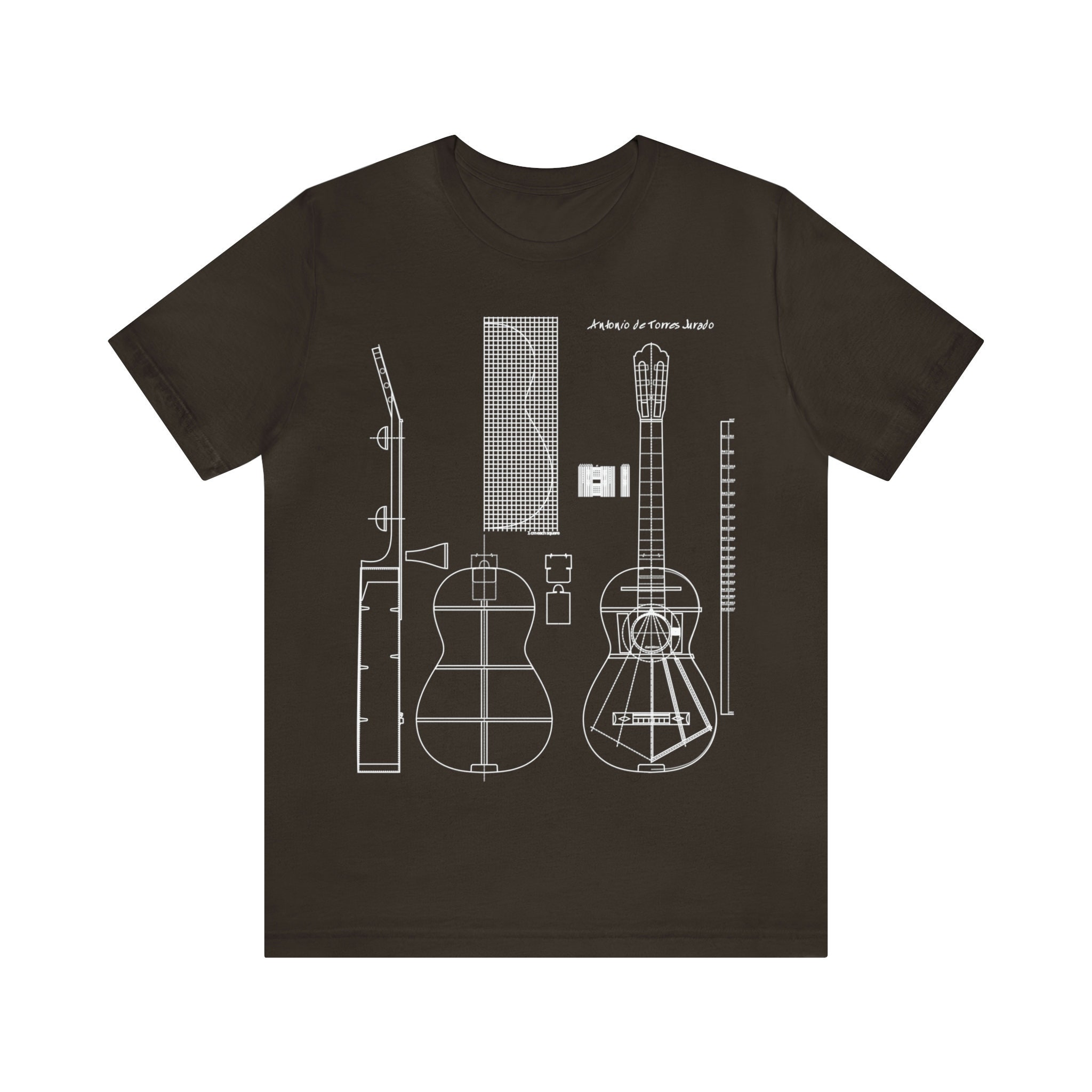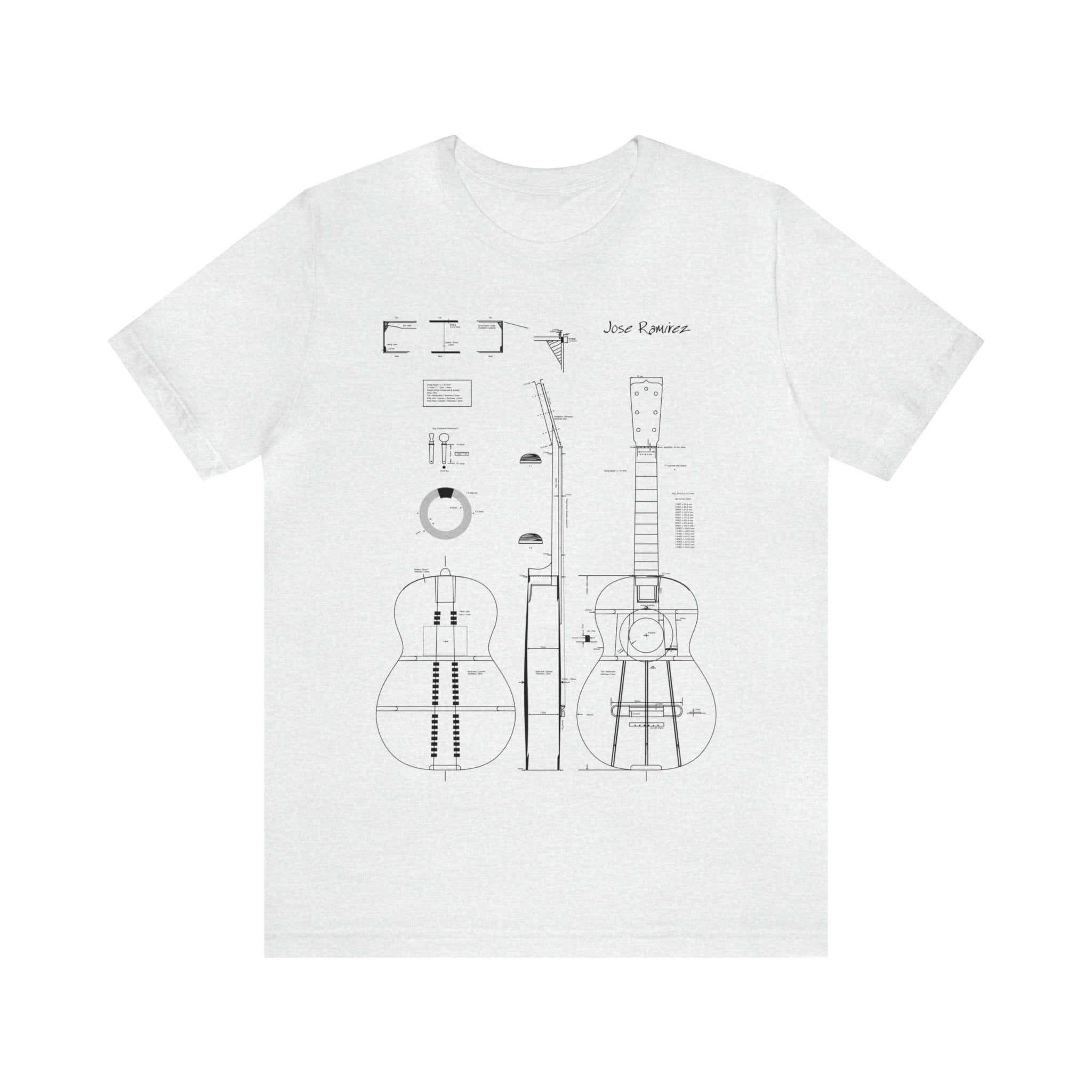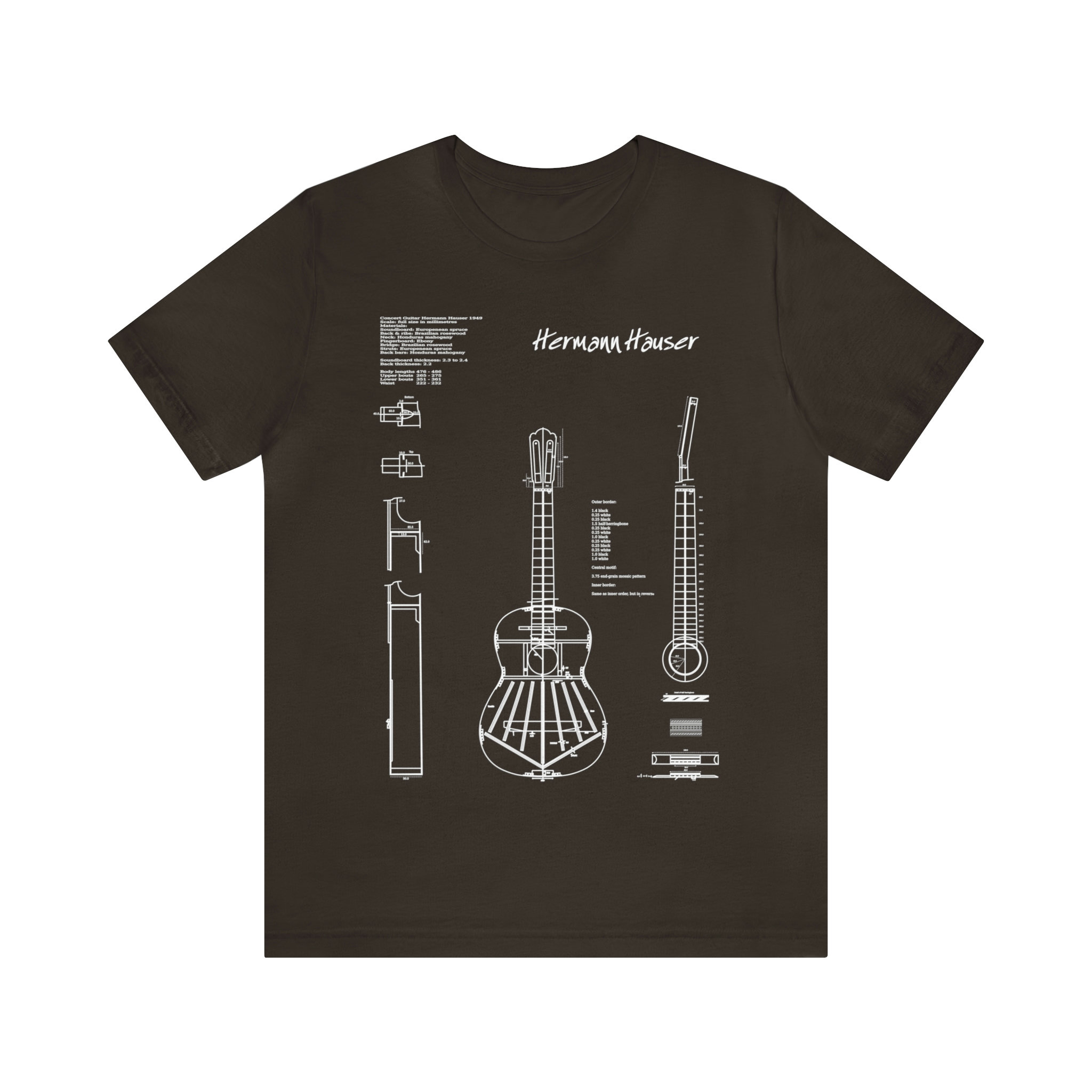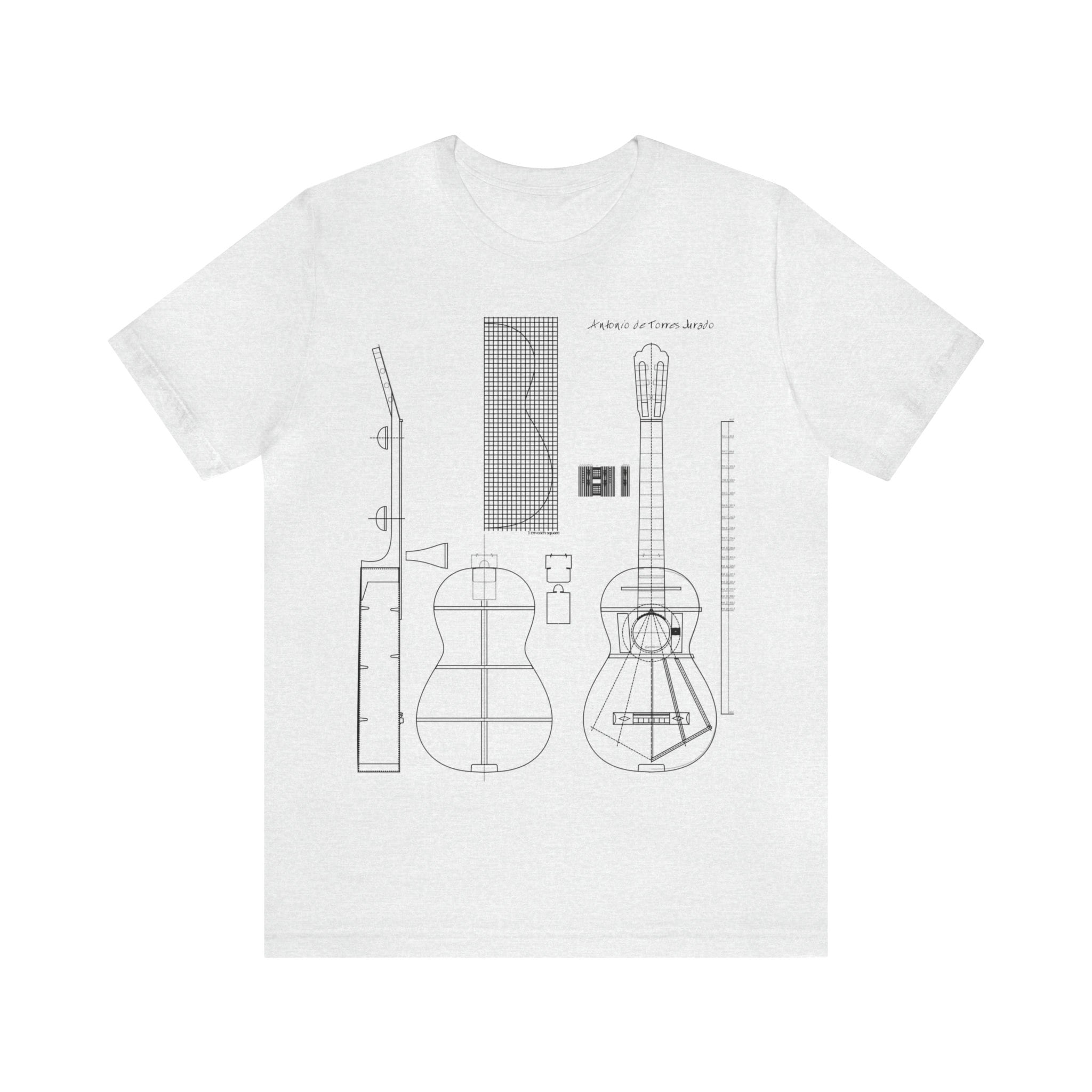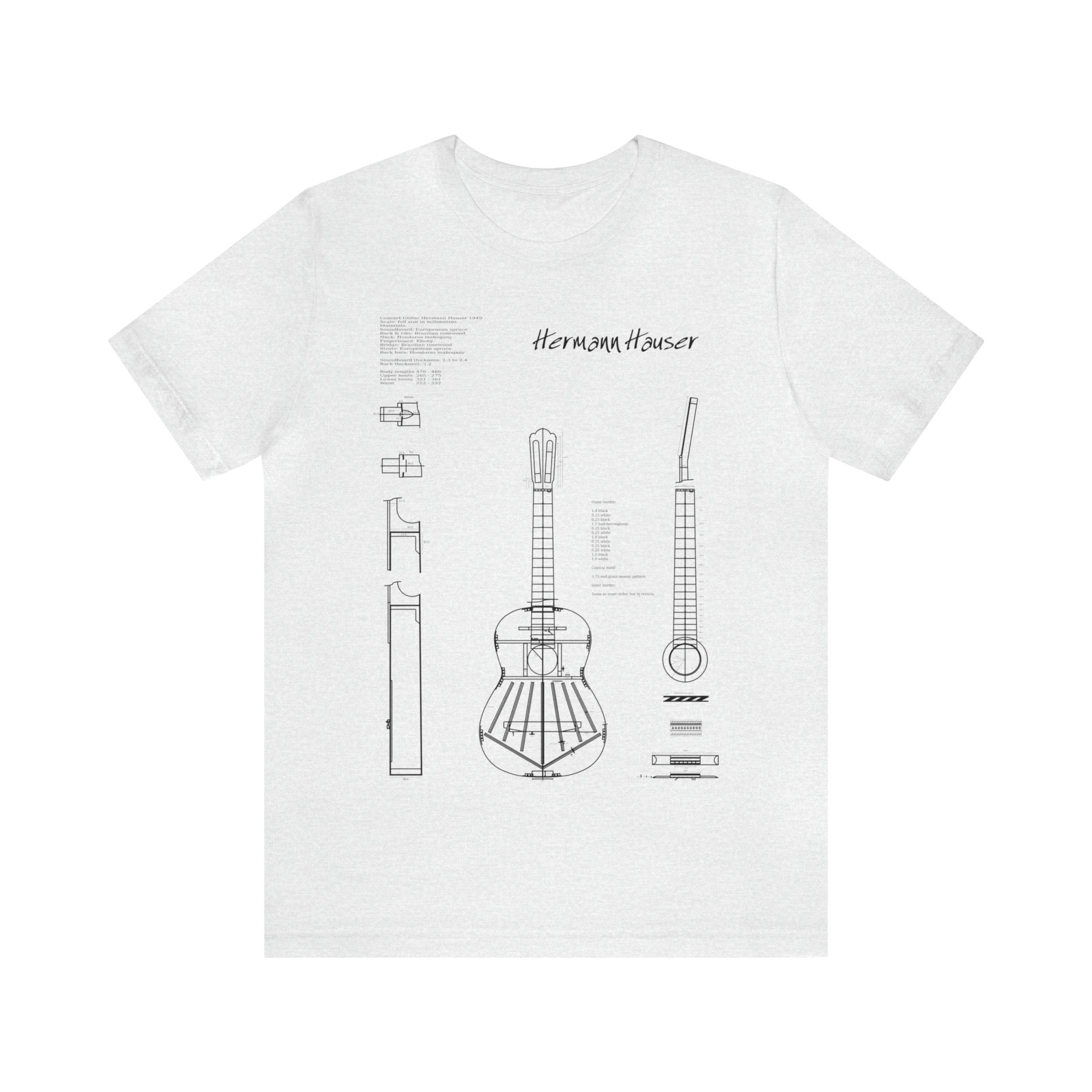Proper humidity and temperature control are essential for maintaining a fine, handmade classical guitar. The ideal conditions for a guitar are a constant humidity level between 45% and 55% and a temperature level between 65 and 75 degrees Fahrenheit. A guitar should be stored in a hard shell case with a tight weather seal, and should never be left next to a heat source or a source of moisture. Before transporting a guitar, a good in-case humidifier should be placed inside its case, and the case should be placed inside a sealed case cover or air tight plastic bag to protect it from excessive dryness and fluctuations in humidity levels. By following these guidelines, a guitar can be kept in optimal condition and sound its best for years to come.
Hmidity and Temperature control for classical guitars:
Humidity is a measure of the amount of water vapor in the air. The ideal humidity range for a guitar is between 45% and 55%. If the humidity drops below 40%, the guitar is at risk of cracking or having its seams open. On the other hand, if the humidity exceeds 55%, the guitar may absorb too much moisture and sound dull and thuddy.
Temperature is also important for maintaining a guitar’s condition. The ideal temperature range for a guitar is between 65 and 75 degrees Fahrenheit. Temperatures outside this range can cause the guitar to expand or contract, which can lead to cracks and other damage.
It’s worth noting that the ideal humidity and temperature ranges can vary somewhat depending on the specific materials and construction of a guitar. For example, guitars made with certain types of woods may require slightly different conditions than others. If you’re not sure what conditions are best for your particular guitar, it’s a good idea to consult with a professional luthier or guitar technician.
In addition to using a good hard shell case with a tight weather seal, there are other steps you can take to protect your guitar from changes in humidity and temperature. For example, you can use a room humidifier to keep the air in your guitar storage area at the proper humidity level. You can also use a dehumidifier or air conditioner to control humidity in hot, humid weather.
If you’re traveling with your guitar, it’s important to take extra precautions to protect it from changes in humidity and temperature. In addition to using an in-case humidifier and a sealed case cover or plastic bag, you should also avoid leaving your guitar in a car for extended periods, especially in direct sunlight or extreme temperatures.
By following these guidelines and taking steps to maintain a stable environment for your guitar, you can help ensure that it stays in top condition and sounds its best for years to come.
Additionally, it is important to store a guitar with a French polish of shellac finish in a cool, dry place away from direct sunlight or any other heat sources, as heat can cause the finish to become cloudy or crack. It is also important to keep the guitar in a case or on a stand with padding to protect the delicate finish from scratches or dings. Regular cleaning with a soft, dry cloth is recommended to keep the finish looking its best. If more thorough cleaning is necessary, a mild soap solution can be used, but be sure to avoid getting the finish too wet and to dry it thoroughly afterwards. Overall, taking care of a French polished guitar requires a delicate touch and attention to detail, but the beautiful, resonant sound of a well-maintained instrument is well worth the effort.
The tuning machine head maintenance
It is important to use a small amount of lubricant on each gear, as using too much can cause the gears to become clogged and sluggish. To apply the lubricant, use a small brush or toothpick to place a small amount of Vaseline or other heavy lubricant on each gear. Be sure to wipe away any excess lubricant with a soft cloth to prevent it from getting on the guitar’s finish.
If the tuning machine heads become difficult to turn or feel loose, it may be necessary to clean and lubricate the internal parts of the machine head. This is best done by a professional guitar technician or repair person, as disassembling the tuning machine head can be a delicate and complex process. In general, it is a good idea to have your guitar serviced by a professional at least once a year to ensure that all of its components are in good working order. By taking good care of your guitar’s tuning machine heads, you can ensure that your instrument stays in tune and performs at its best for years to come.
Important point is to keep in mind when handling a guitar. The soundboard and bridge area are particularly delicate and can be easily damaged by excessive pressure or flexing. It is important to always handle a guitar with care and avoid placing any pressure on the soundboard or bridge. When carrying or transporting a guitar, it is best to use a properly fitting case or gig bag that provides adequate protection for the instrument. When picking up or setting down a guitar, always do so by the neck or headstock, avoiding any pressure on the body or soundboard. By taking care to handle your guitar gently and with respect, you can help ensure that it stays in good condition and performs at its best for many years to come.
Consider obtaining musical instrument insurance for their valuable instruments. Insurance can provide financial protection in the event of loss, theft, damage, or other unforeseen events that may cause damage to your instrument. There are many insurance companies that specialize in musical instrument insurance, and it is important to shop around and compare policies and prices to find the one that best meets your needs. When selecting an insurance policy, be sure to consider factors such as the coverage limits, deductible amounts, and any exclusions or limitations that may apply. It is also important to keep detailed records of your instrument, including serial numbers, photographs, and appraisals, to help ensure that you receive adequate compensation in the event of a claim. By taking the time to research your options and select an appropriate insurance policy, you can help protect your valuable instrument and enjoy peace of mind knowing that you are covered in the event of unforeseen circumstances.
classical guitar care accessories:
- An accurate digital hygrometer: A digital hygrometer is a device that measures the humidity levels in the air. For classical guitars, it’s important to keep the humidity levels between 40-60% to prevent damage to the guitar. If the humidity levels are too low, the guitar’s wood can dry out, leading to cracks or warping. On the other hand, if the humidity levels are too high, the guitar’s wood can swell, causing the neck to become warped or the soundboard to lift. An accurate digital hygrometer will help you monitor the humidity levels in your guitar’s environment, so you can take steps to maintain the correct levels.
- Guitar humidifier system: A guitar humidifier system is a device that helps regulate the humidity levels around your classical guitar. It typically consists of a small container that holds water and a sponge or other humidifying material. The humidifier is placed inside the guitar case, and the sponge is moistened to release humidity into the air. This helps prevent the guitar from drying out and becoming damaged.
- A string bib protective shield: A string bib is a small, clear plastic strip that is placed underneath the strings of your classical guitar. It protects the guitar’s finish from the oils and dirt on your fingers and helps prevent scratches and damage to the guitar. String bibs are easy to install and can be removed and replaced as needed.
- A chamois: A chamois is a soft, absorbent cloth that is used for cleaning and polishing your classical guitar. It’s important to use a chamois that is specifically designed for use on guitars to avoid scratching the guitar’s finish. A chamois can be used to remove dust, dirt, and fingerprints from your guitar, leaving it looking clean and shiny. It’s important to use a chamois gently and avoid applying too much pressure to prevent damaging the guitar.
- Fretboard conditioner: Over time, the fretboard of your classical guitar can become dry and brittle. A fretboard conditioner helps keep the fretboard moisturized and healthy.
Maintaining a guitar requires attention to various factors, including humidity, temperature, finish, tuning machine heads, and delicate handling. By following the proper guidelines for each aspect of guitar care, you can help ensure that your instrument stays in optimal condition and sounds its best for years to come. Additionally, considering musical instrument insurance can provide financial protection in case of unforeseen events that may cause damage to your instrument. With proper maintenance and care, your guitar can provide you with beautiful music and lasting enjoyment.
Classical Guitar

